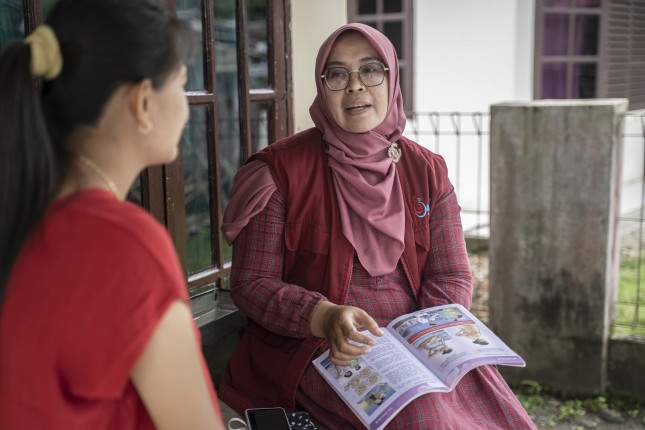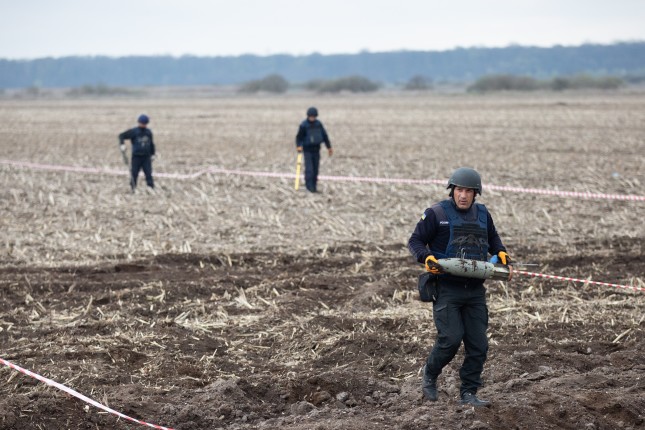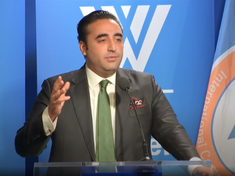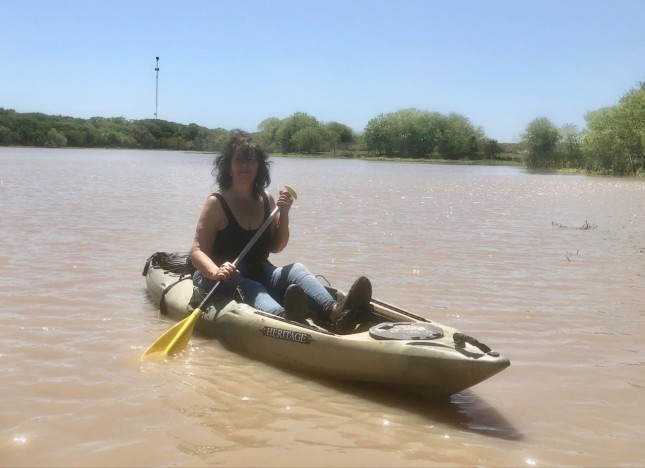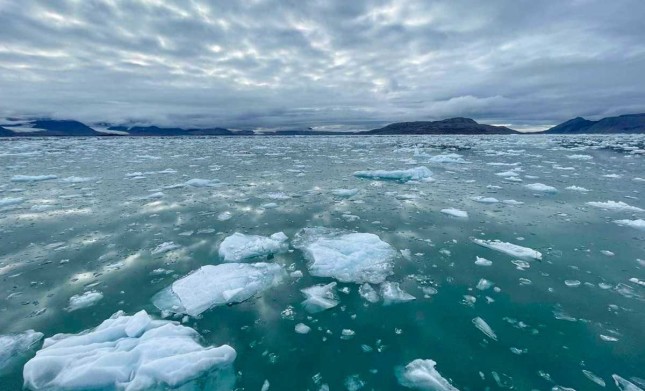-
Protecting Human Rights in DRC Cobalt Mines: A U.S. Priority in a Green Transition
›
Secretary of State Anthony J. Blinken recently reaffirmed the Democratic Republic of Congo (DRC)—a nation located in Africa’s heart—as a “geostrategic player and critical partner” for the United States. It is a country that features prominently in climate change discussions, not only because of its vast natural resources (including mineral wealth estimated to be the largest in the world, as well as possession of a forest cover second only to the Amazon Basin), but especially due to its cobalt reserves.
-
Environmentalists Need To Talk About Population Growth. Here’s How.
›
On November 15, the world population is projected to reach 8 billion people. As we approach that milestone, there’s no denying that our rapidly growing human population also places extraordinary pressure on the environment. The human population has doubled in the last 50 years, while wildlife populations have been cut in half.
-
Top 5 Posts of August 2022
›
In August’s top post, Jiayi Zhou discusses an underexplored dimension of Russia’s invasion of Ukraine: Farmland and agriculture. While the negative impacts of the conflict on food security have become readily apparent, the geography of the war clearly shows that Russia currently occupies more than one-fifth of Ukrainian farmland. Zhou observes that Russia’s territorial ambitions are not only seen by its government as the preservation of an important natural resource, but also the extension of an overall Russian nationalism with broader implications for food security, environmental sustainability, and geopolitical ties.
-
Catastrophe and Catalyst: Pakistan’s Foreign Minister on His Nation’s Climate Tragedy
›
On a recent visit to the Wilson Center, Pakistan’s Foreign Minister Bilawal Bhutto Zardari remarked on the historic nature of the monsoon-related floods that have submerged a huge swath of his country over the last several months.
“These are no normal monsoons and no normal floods,” said Zardari. “We are used to monsoons. We are used to floods. We have provincial mechanisms [and] national mechanisms to deal with such disasters. What we were not prepared for was for floods to descend from the sky.”
-
Fighting the Flood of Nurdles: Texas Fisherwoman takes on Taiwan Plastic Company
›Over decades, billions of small lentil-sized plastic pellets, called nurdles, flooded out of the wastewater pipes of Formosa Plastic’s plant in Calhoun Texas into the Gulf of Mexico. For decades, Diane Wilson, a fourth-generation fisherwoman in a rural fishing town called Seadrift, has been tracking and collecting data on the company’s nurdle pollution. In 2019, after three years of constant sampling, she and her scrappy volunteers won a dramatic legal victory with a consent decree mandating 50 million in penalties for past pollution and fines if they do not clean up previous pollution or maintain zero discharge of plastic.
-
The Missing Link: Stillbirth & Self-Care
›For many people, stillbirth— the occurrence of a fetal death at 20+ week’s gestation—is a concept. A statistic. Each year, at least 23,000 stillbirths occur in the United States. It occurs in one out of every 160 pregnancies. Yet when these numbers become a reality in your own life, they take on a new meaning.
-
Sharon Guynup, Mongabay
2022: Another consequential year for the melting Arctic
›September 27, 2022 // By Wilson Center StaffIn August, I traveled aboard the icebreaker Kinfish to the Svalbard archipelago, north of the Arctic Circle. Invited to the bridge as we cruised fjords near the 80th parallel, I was transfixed by towering blue glacier walls, but was confused by the map displayed on one of the ship’s screens. It showed our vessel sailing across a non-navigable frozen sheet.
-
Decolonising Sex Education
›
We should be outraged by sexuality education’s colonialist connections. As a researcher and trainer based in the UK, I see how deeply blatant colonialist influences run in the field of sex education. The British empire was obsessed with the sexualities of their subjects and imagined their societies to be exotic licentious places where upper class British men could live out illicit fantasies. Yet, at the same time, these societies were deemed to be wells of immorality that needed Victorian moral education. These dual imaginaries were used to justify colonialism itself as a force to civilize non-western bodies and sexualities, and remain as ideas which echo in more contemporary discourses around controlling population and HIV.
 A Publication of the Stimson Center.
A Publication of the Stimson Center.

